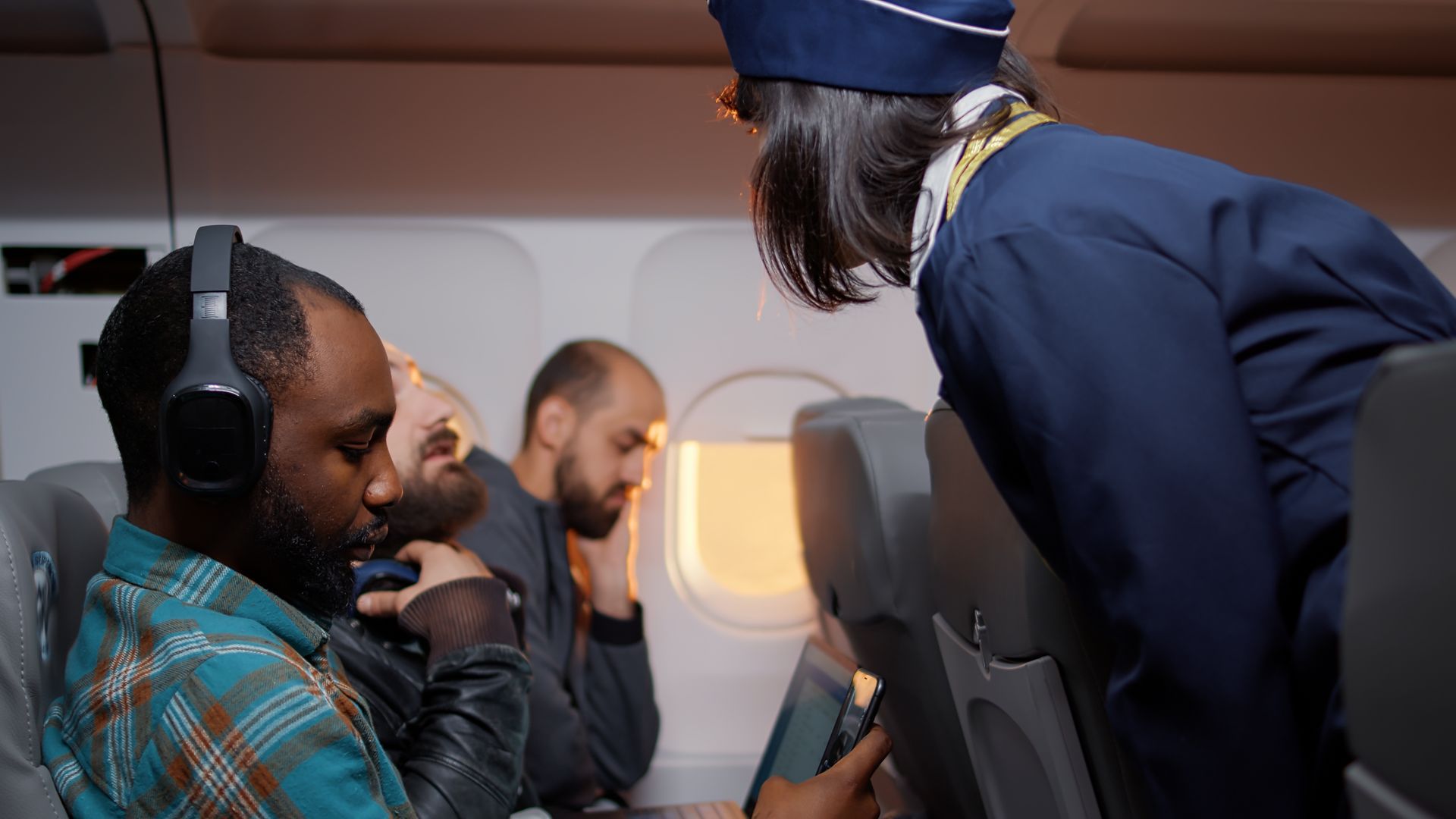The importance of business travel insurance
When sending employees on business trips, not only are you investing in your company's growth and success, but you're also responsible for their well-being during travel. To protect both your employees and your business from unforeseen risks, having business travel insurance is essential. In this article, we'll discuss the importance of business travel insurance, how to choose the right policy, and tips for staying safe while traveling for work.
1. What is Business Travel Insurance and What Does It Cover?
Business travel insurance is a specialized type of insurance that covers employees while traveling for work-related purposes. It typically provides coverage for a range of potential risks, including:
- Medical emergencies: Covers healthcare costs for employees who become ill or injured while traveling
- Trip cancellations and delays: Reimburses for non-refundable expenses if a trip is canceled or delayed due to unforeseen circumstances
- Lost or delayed baggage: Provides compensation for lost, damaged, or delayed luggage during transit
- Personal liability: Covers legal expenses if an employee causes injury or property damage while traveling
- Travel assistance: Provides 24/7 support for travel-related issues, such as passport replacement or emergency cash transfers
2. The Risks Associated with Business Travel
Although business travel can be exciting and rewarding, it also presents various risks that employees may face, such as:
- Illness or injury: Contracting an illness or experiencing an injury in a foreign country can be both challenging and expensive.
- Travel disruptions: Unexpected events like natural disasters, terrorism, or political instability can disrupt travel plans and cause financial losses.
- Lost or stolen valuables: Travelers face a heightened risk of losing essential items like passports, laptops, or other valuables.
- Legal issues: Employees may inadvertently violate local laws or become involved in disputes, potentially resulting in legal expenses.
3. How to Choose the Right Business Travel Insurance Policy
To ensure that your employees have the appropriate coverage while traveling for work, consider the following when selecting a business travel insurance policy:
- Assess the risks: Evaluate the destinations your employees will visit and the potential risks associated with that region, including political stability, healthcare quality, and common travel disruptions.
- Review coverage limits: Choose a policy with appropriate coverage limits to ensure adequate protection for medical expenses, lost baggage, and other potential costs.
- Compare policies: Compare policies from multiple insurance providers to find the best combination of coverage, price, and service quality.
- Examine exclusions: Be sure to understand any policy exclusions, such as pre-existing medical conditions, so you can make an informed decision and avoid any surprises during a claim.
4. What to Do If You Need to Make a Claim
If an employee experiences an incident covered by their business travel insurance, it's crucial to follow the correct procedure for filing a claim:
- Contact your insurance provider: Notify your insurance company as soon as possible and provide them with details about the incident.
- Collect documentation: Gather any necessary documentation to support your claim, such as receipts, medical reports, or police reports.
- Submit your claim: Complete any required claim forms and submit them, along with supporting documentation, to your insurance provider.
- Follow up: Monitor the progress of your claim and provide any additional information if requested.
5. Tips for Staying Safe While Traveling for Work
To promote safety and minimize risks while traveling for business, consider these practical tips:
- Research your destination: Familiarize yourself with local customs, laws, and safety concerns before departure.
- Register with your embassy: Enroll in your country's embassy or consulate abroad to receive updates and assistance in an emergency.
- Keep essential documents secure: Carry photocopies of important documents and store digital copies in a secure location.
- Maintain communication: Ensure employees have a way to contact their office or family in an emergency, such as a cell phone or internet access.
6. Common Myths About Business Travel Insurance
Some common misconceptions about business travel insurance include:
- "My employees are already covered by their personal travel insurance." Personal travel insurance may not cover work-related incidents, making it essential to have separate business coverage.
- "Business travel insurance is too expensive." The cost of a comprehensive policy is often minimal compared to the financial risks associated with business travel.
In conclusion, business travel insurance is a necessary investment for companies to safeguard the well-being of their employees and protect the business from potential risks. By choosing the right policy and following safety tips, you can ensure a successful and secure business trip.
Need help planning your next business trip with the right insurance coverage in place?
Contact CTI Business Travel today to discuss your requirements and receive expert advice on protecting your employees and your business while on the road.










